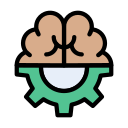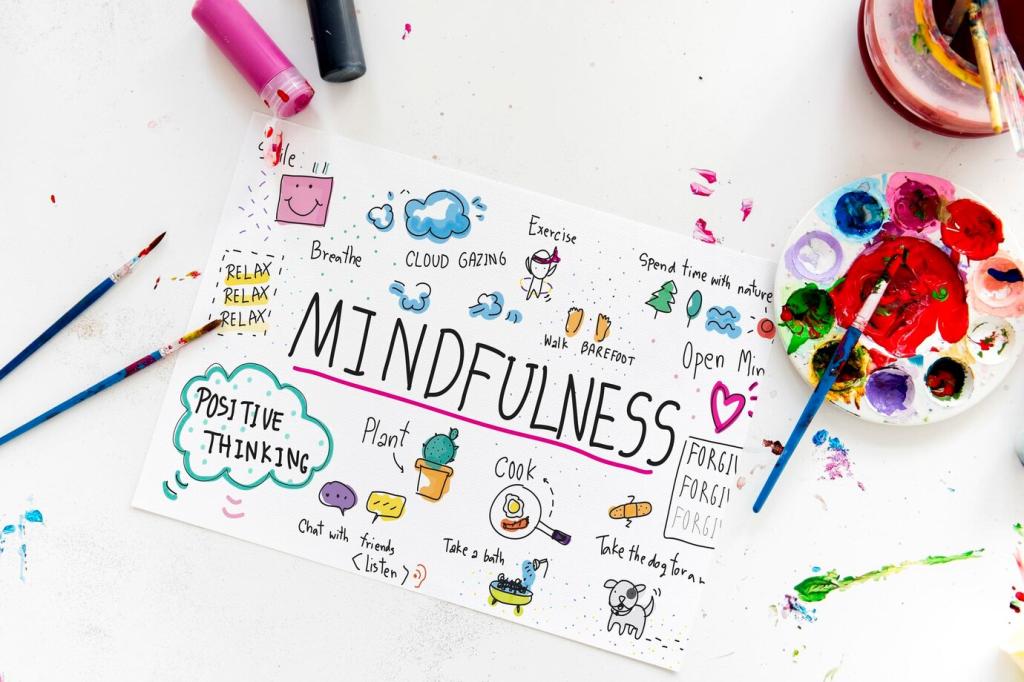Brain Benefits Unrolled: The Science Behind Yoga and Cognition
Regular yoga appears to upregulate brain-derived neurotrophic factor, supporting synaptic plasticity related to learning and memory. Gentle sequences and mindful breath create repeated, meaningful signals that help the brain wire more efficiently. Have you noticed faster recall after practice? Tell us.
Brain Benefits Unrolled: The Science Behind Yoga and Cognition
Dynamic flows and diaphragmatic breathing can enhance circulation, supporting oxygen delivery to brain regions crucial for focus. Even slow sun salutations elevate heart rate just enough to wake mental clarity. Try five rounds, then tackle a tough task, and report your results.






